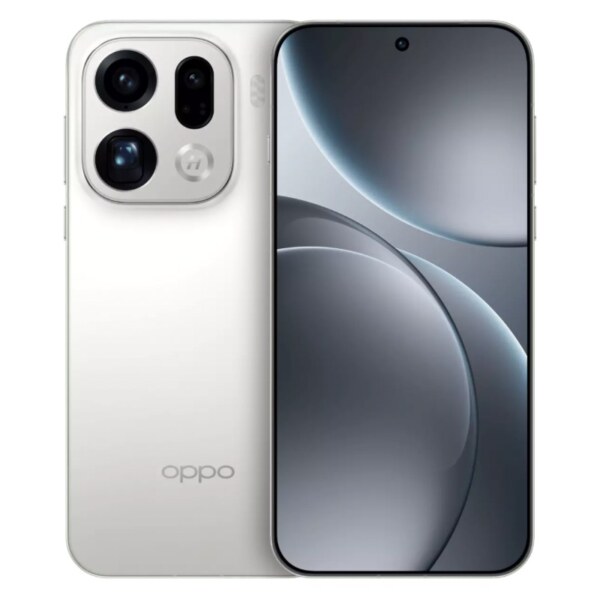The Oppo Find X9 Pro has landed in India with a price tag of Rs 1,09,999 and it is being touted to have some of the best cameras in the smartphone industry right now. Is that true or is it a mere marketing tactic? Let’s find out in our detailed Oppo Find X9 Pro camera review.
Oppo Find X9 Pro Camera Specifications
The camera setup on the Oppo Find X9 Pro includes a 50MP primary camera with 1/1.4″ Sony LYT-828 sensor that has f/1.5 aperture, OIS, 10-bit HDR, paired with a 50MP 1/2.75″ Samsung JN5 ultra-wide angle sensor with f/2.0 aperture, 120 FoV, joined by a 200MP Samsung ISOCELL HP5 3x periscope telephoto sensor with f/2.1 Aperture and OIS.
All of this is backed by Oppo’s in-house LUMO imaging system. Lumo is built to capture scenes the way our eyes naturally see them — focusing on balance, depth, and realistic detail instead of exaggerated effects. It’s powered by four key pillars: an advanced computational optical system, a high-precision digital imaging engine, an end-to-end ProXDR ecosystem, and deep integration with the MediaTek Dimensity 9500 chipset.
The optical setup features a Golden Portrait Full-Focal Length module with large-aperture lenses at four focal lengths — 15mm ultra-wide, 23mm wide, 70mm portrait, and 135mm telephoto. These lenses use ultra-crystal blue glass and chip-level packaging to reduce Infrared interference and boost light intake. Focusing is quick and precise, with a minimum distance of just 10 centimetres, while a multimodal colour sensing system fine-tunes the colour temperature across different areas of the frame. For depth, the system uses pixel-level data combined with AI-driven spatial mapping for more accurate background separation and 3D awareness.
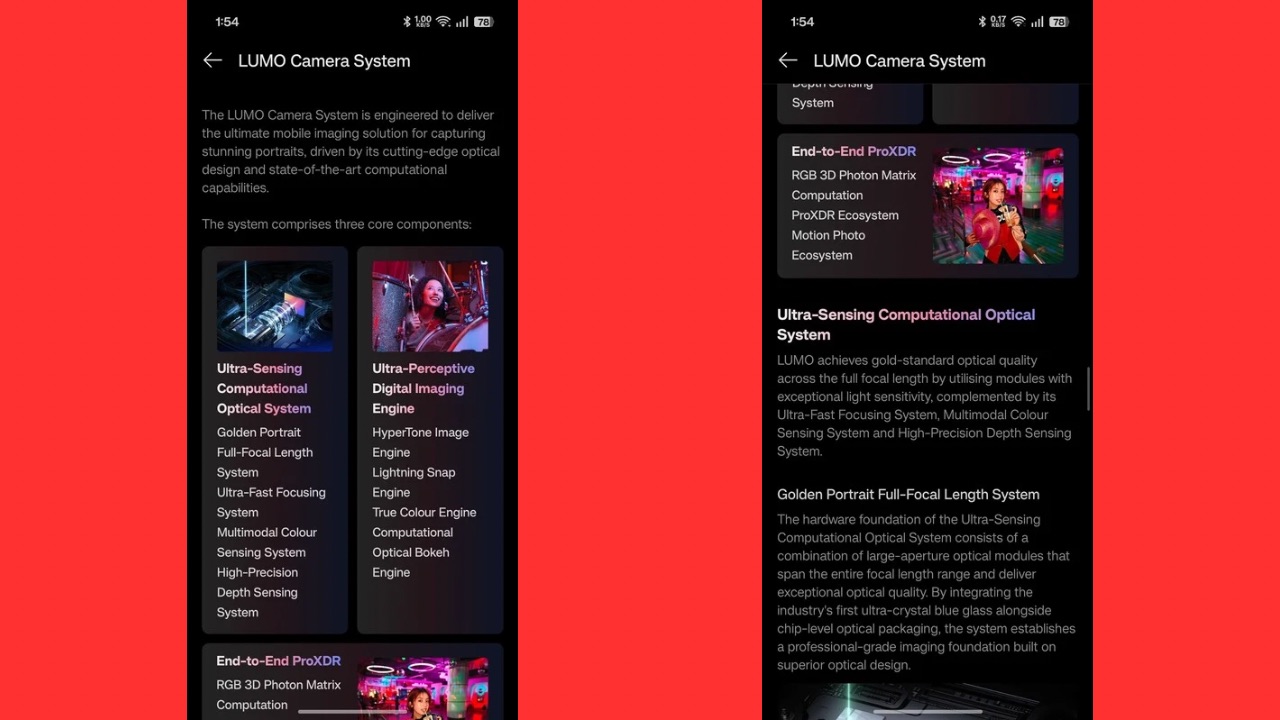
At the heart of image processing is the digital imaging engine, made up of four specialised units — the True Colour Engine, Computational Optical Bokeh Engine, HyperTone Image Engine, and Lightning Snap Engine. Together, they are claimed to produce natural colours, smooth depth effects, balanced tones, and crisp motion capture. The ProXDR ecosystem maintains high dynamic range from shooting to sharing, using RGB 3D Photon Matrix Computation to preserve 16-bit colour depth throughout. Lumo also supports motion photos, keeping HDR quality intact even when shared on social platforms.
Oppo Find X9 Pro Camera Performance
The Find X9 Pro has the same camera App Oppo and OnePlus devices have been coming with for the past couple of years now but with Oppo retaining its partnership with Hasselblad, you get a few Hasselblad-exclusive features such as the Hasselblad Hi Res mode in the camera app which shoots images in full 50-megapixels and there’s no crop.
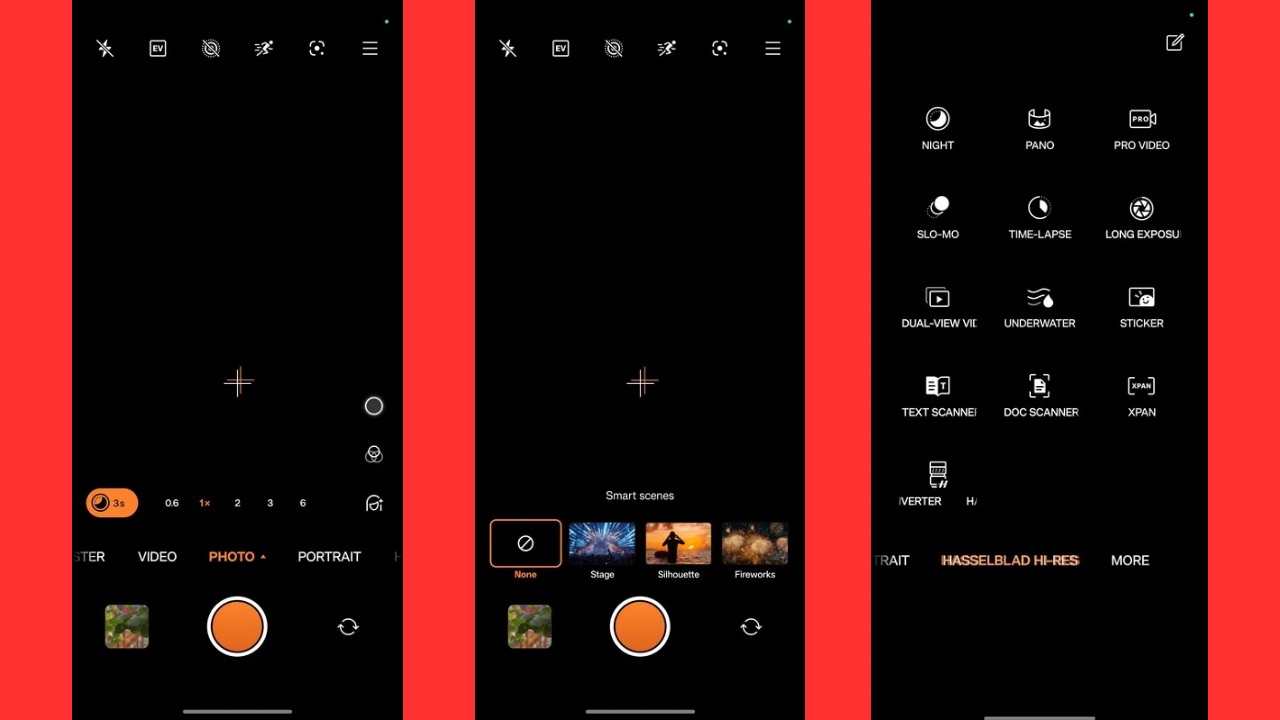
Then there’s the XPAN mode that’s best for shooting natural landscapes, street photography and wilderness portraits as it shoots in a wider aspect ratio.
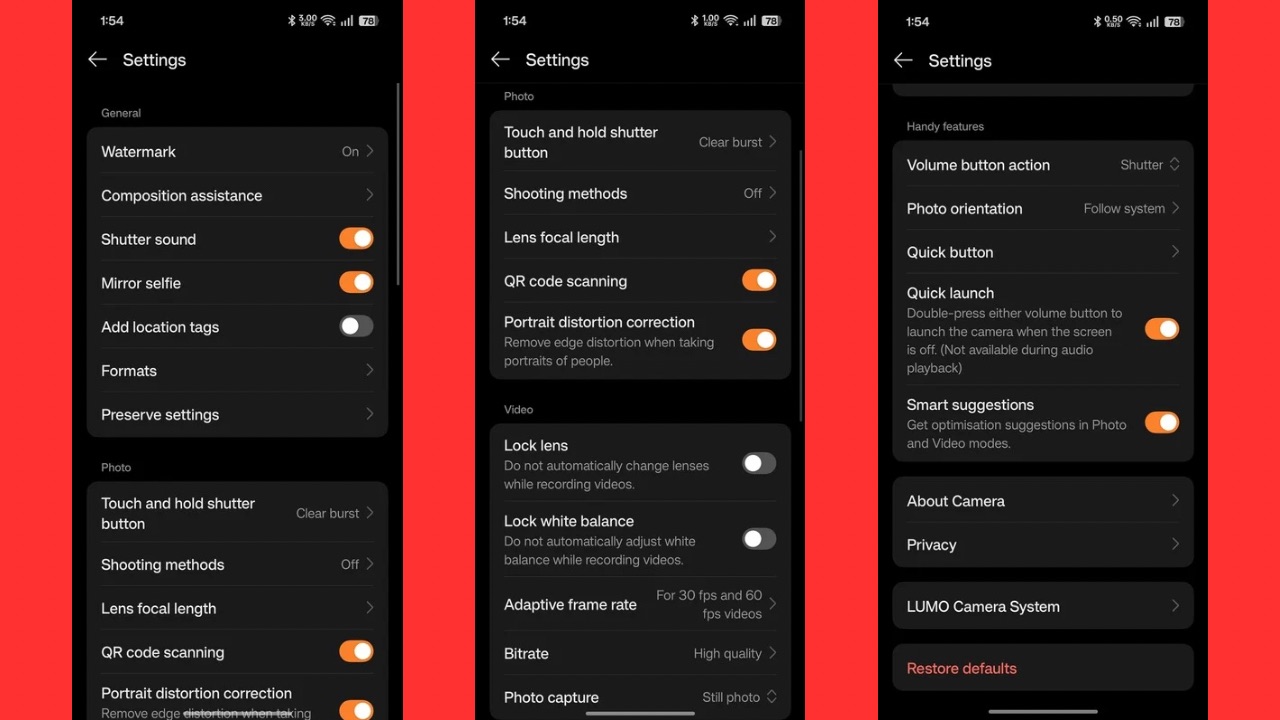
Aside from that, there are a bunch of filters, beauty modes, and smart scenes to shoot with. However, I personally preferred everything set to default to get the most accurate results.
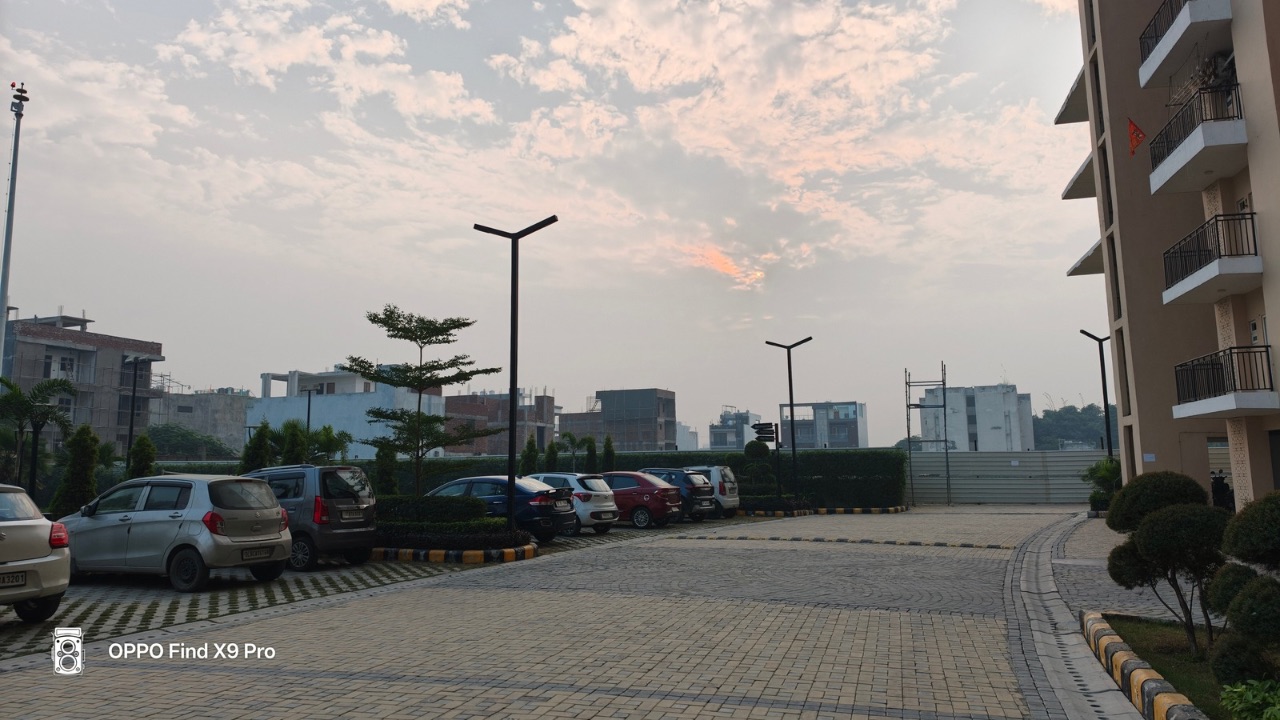
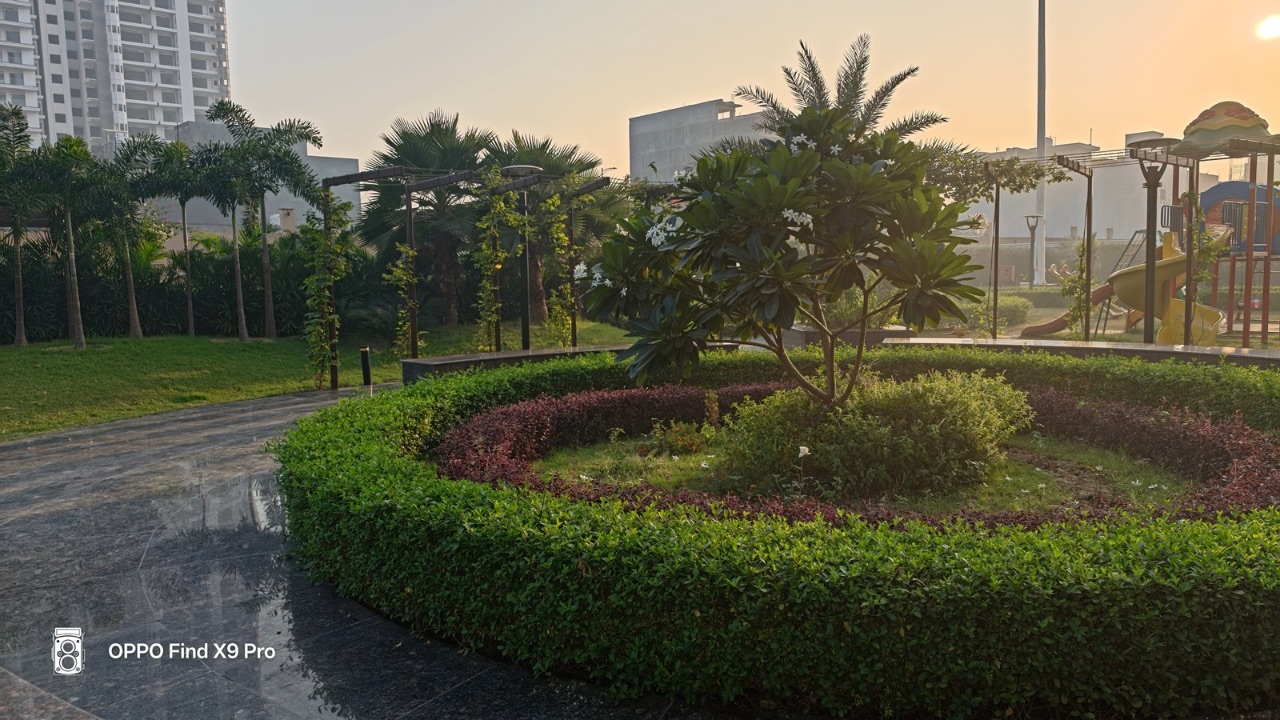
As for the shots themselves, the photos from the main sensor have a vibrant tone and are far from what the natural colours look like but for me that works better. The shots are quite nicely detailed while the dynamic range is decent. There’s no noticeable shutter lag. The dynamic range, however, could be better as the blacks could get crushed at times but apart from that, it handles most aspects of the photos without any issues as such. Even if you zoom in, you can see the minute details in every shot and that is how it should be for a phone that costs this much.
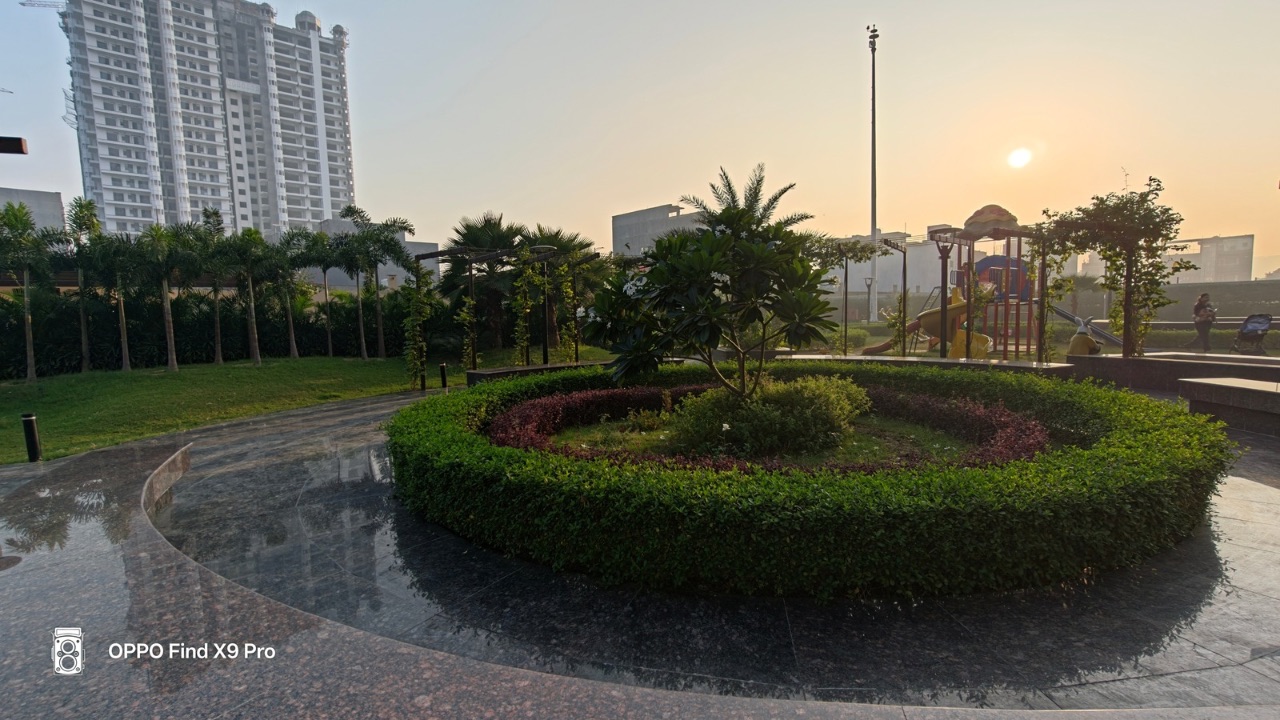
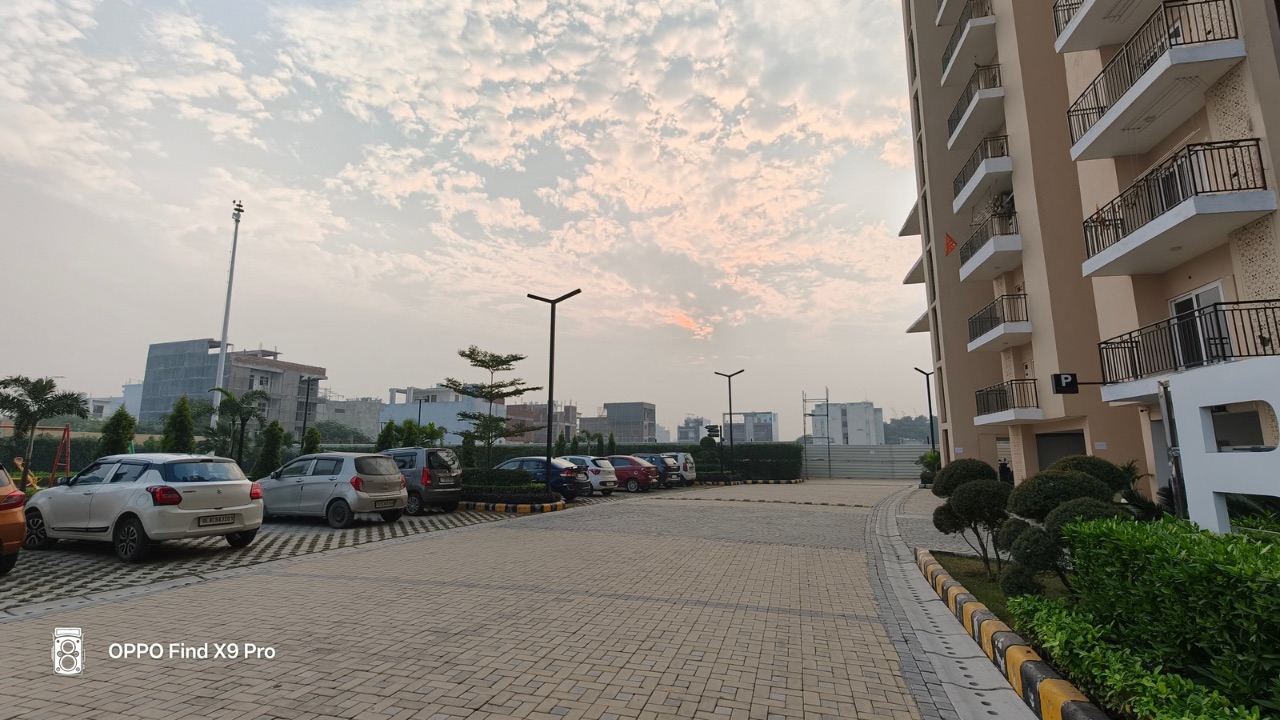
The ultra-wide angle shots retain the same colour tones and the shots still remain nicely detailed. Exposure control is well handled and the dynamic range is better here. EDGE distortion is very well contained in these shots and once again, there’s nothing to complain about.

Coming to portrait shots, the telephoto sensor does a great job at handling these photos. The bokeh effect looks natural and the edge detection is impressive. I would have liked it even better if the device would support portraits at a closer distance to the subject as if you are too near, the camera tells you to move away from the subject. Aside from that, detailing in shots isn’t an issue here at all.
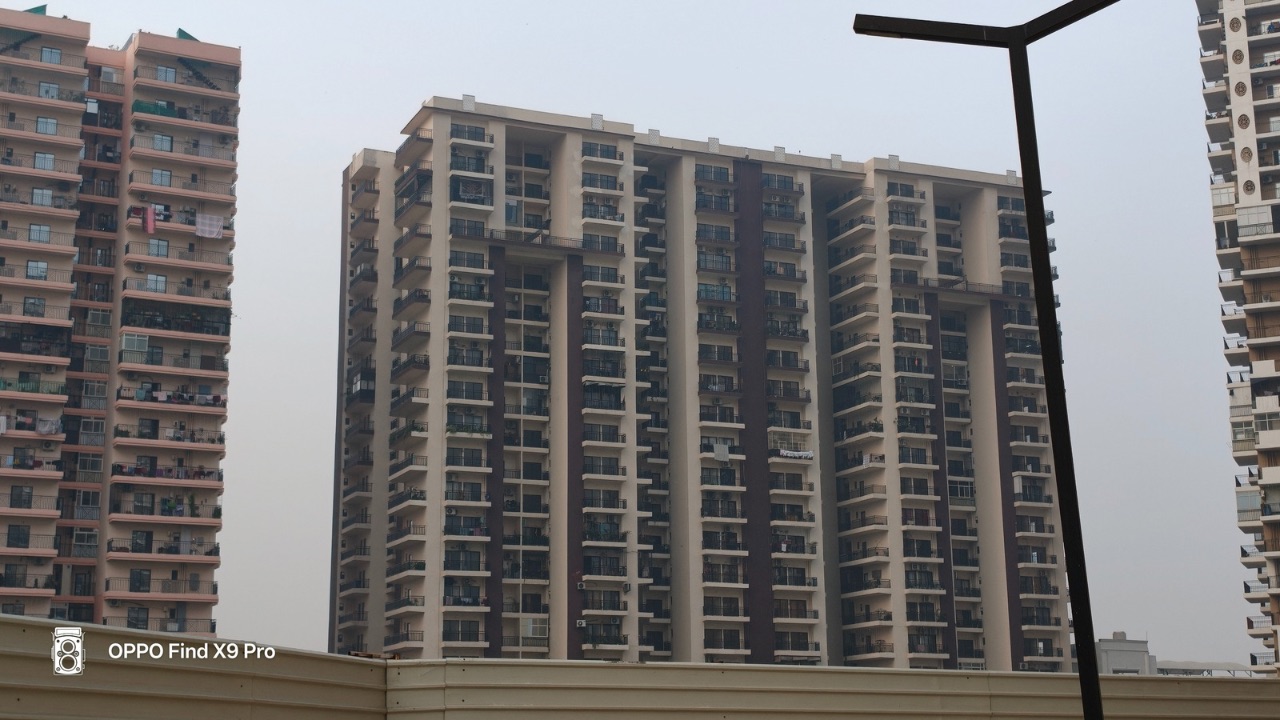
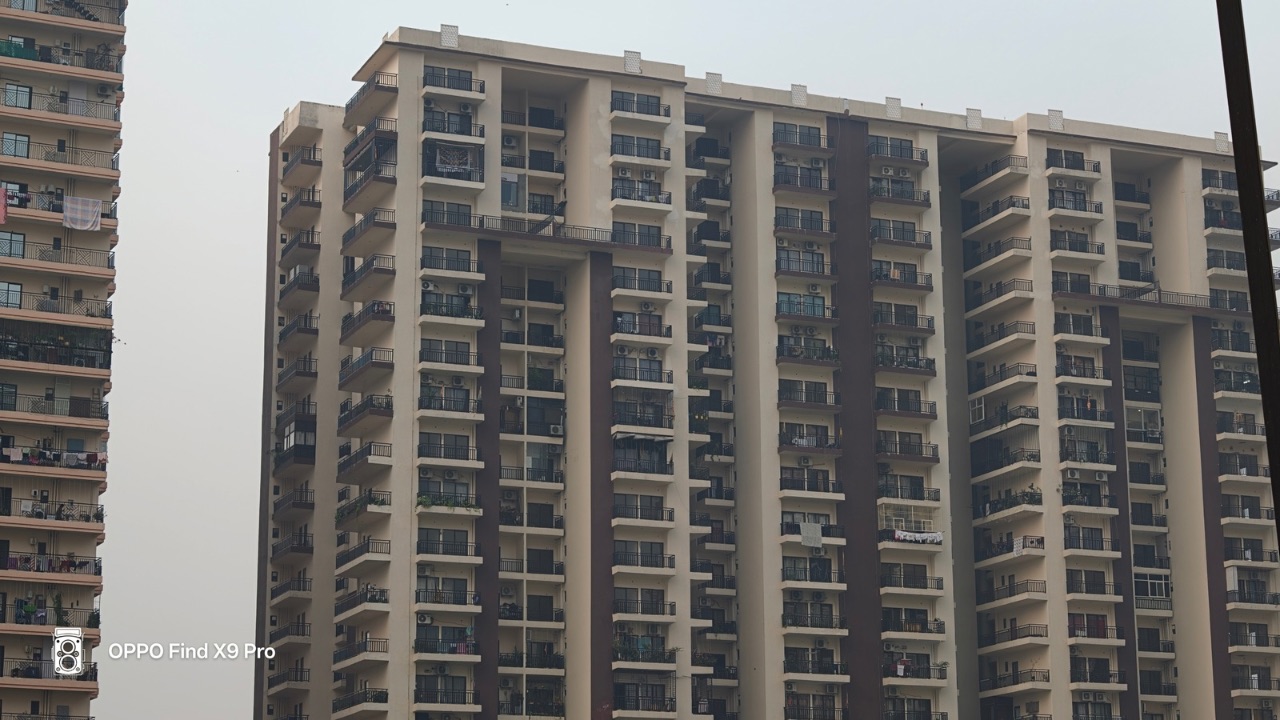
As for zoomed photos, the device supports up to 120x Digital Zoom and 3x optical zoom. At 2x zoom, the shots look decent but if you zoom in, you’ll notice some amount of noise and missing details as this is a crop of the main sensor. At 3x, the Optical Zoom kicks in and shots begin to look far better in terms of how sharp they are. You’ll definitely want to click most of your zoomed shots at 3x because they look highly impressive in every aspect.
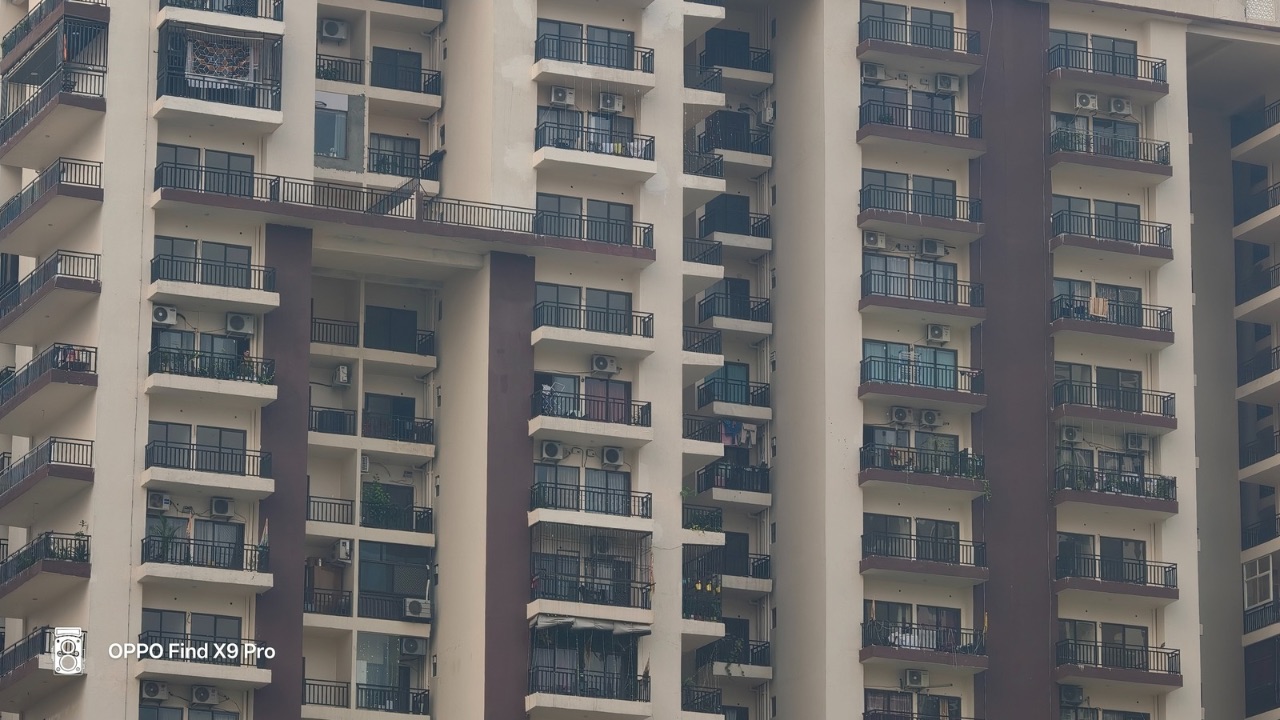
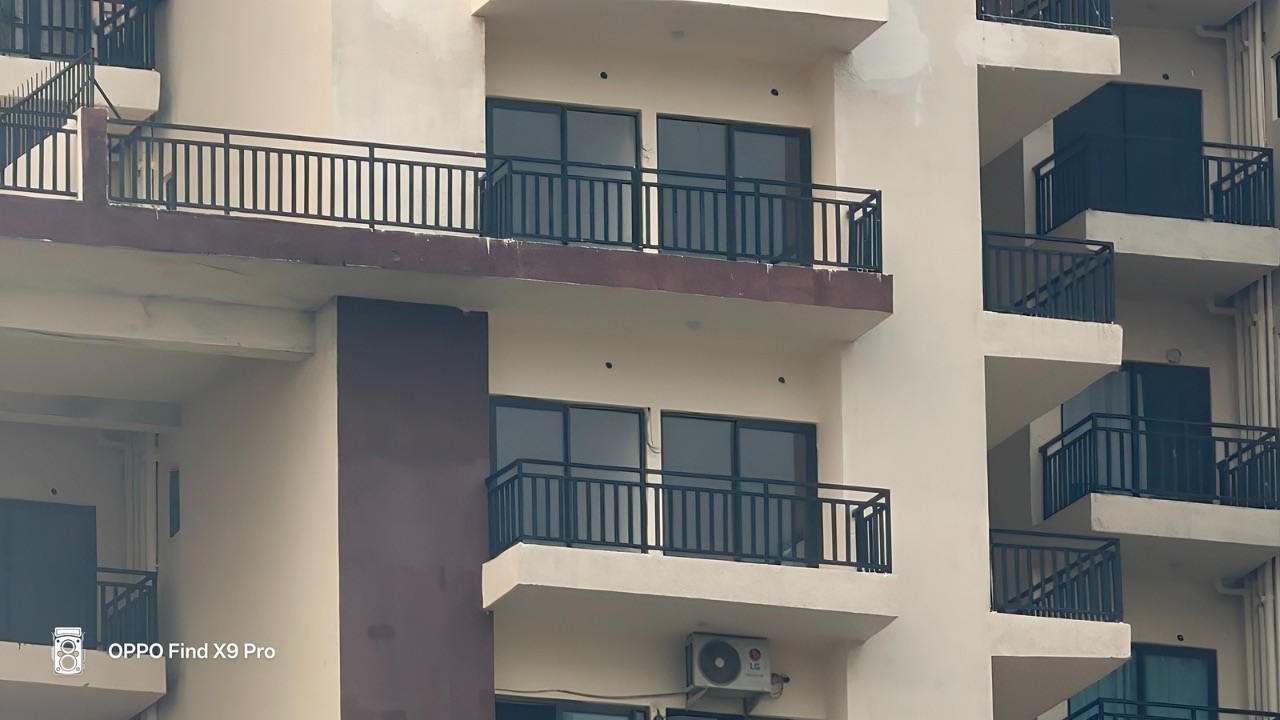
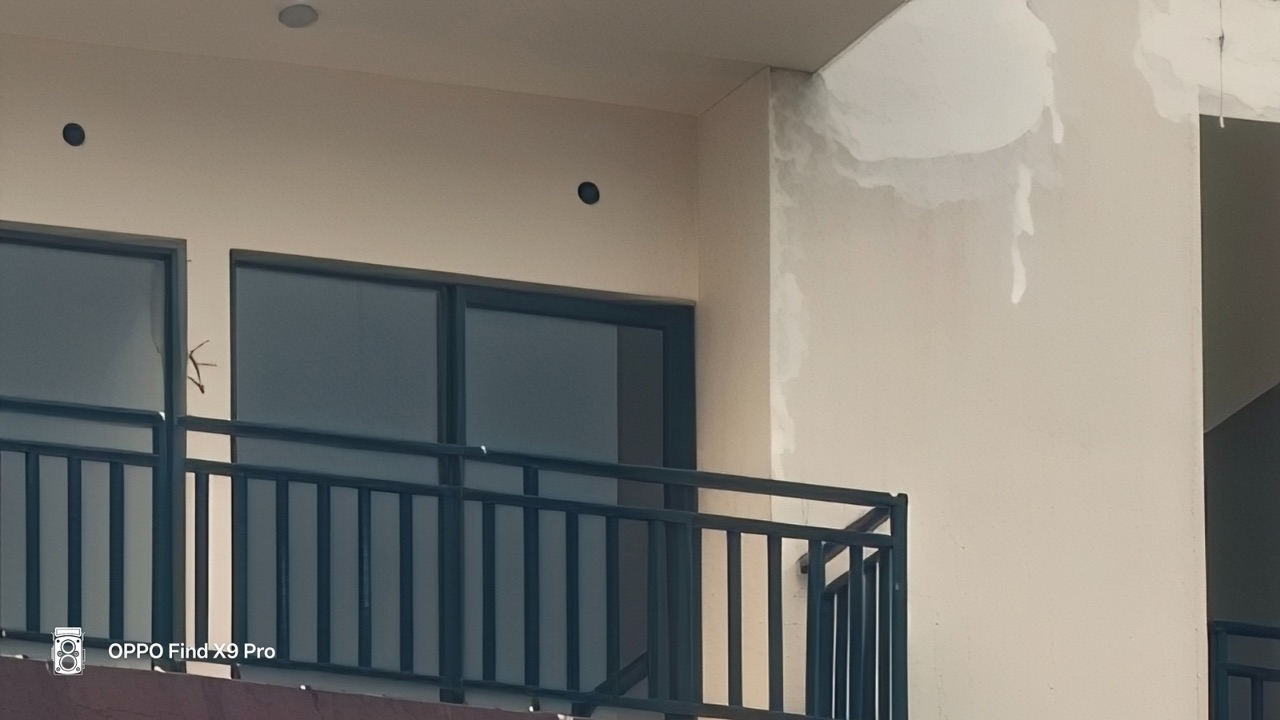
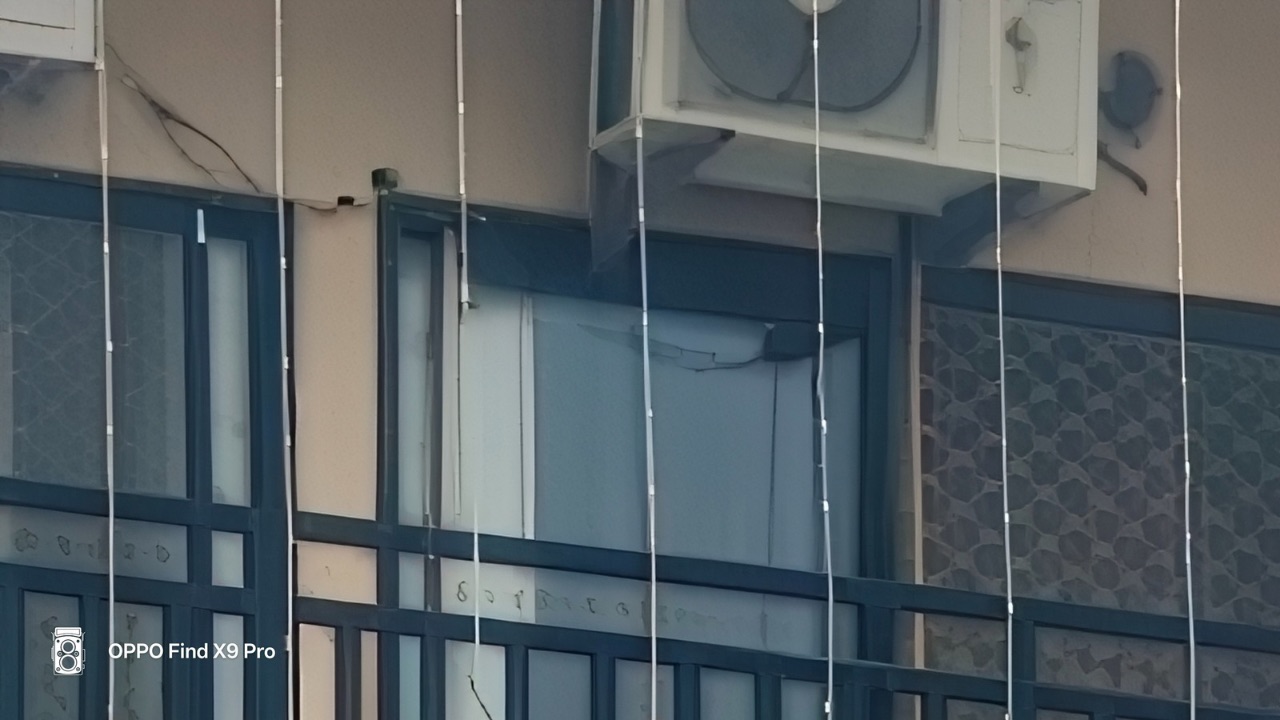
At 6x, the colours take a slight hit but the detailing doesn’t drop at all which is excellent. At 20x, the details begin to fall but if you look at some text, it is still somewhat readable and the overall shot doesn’t look too bad. At 60x and 120x, the photos start to look like an oil painting and are soft, so don’t expect a lot from the camera at those zoom values.
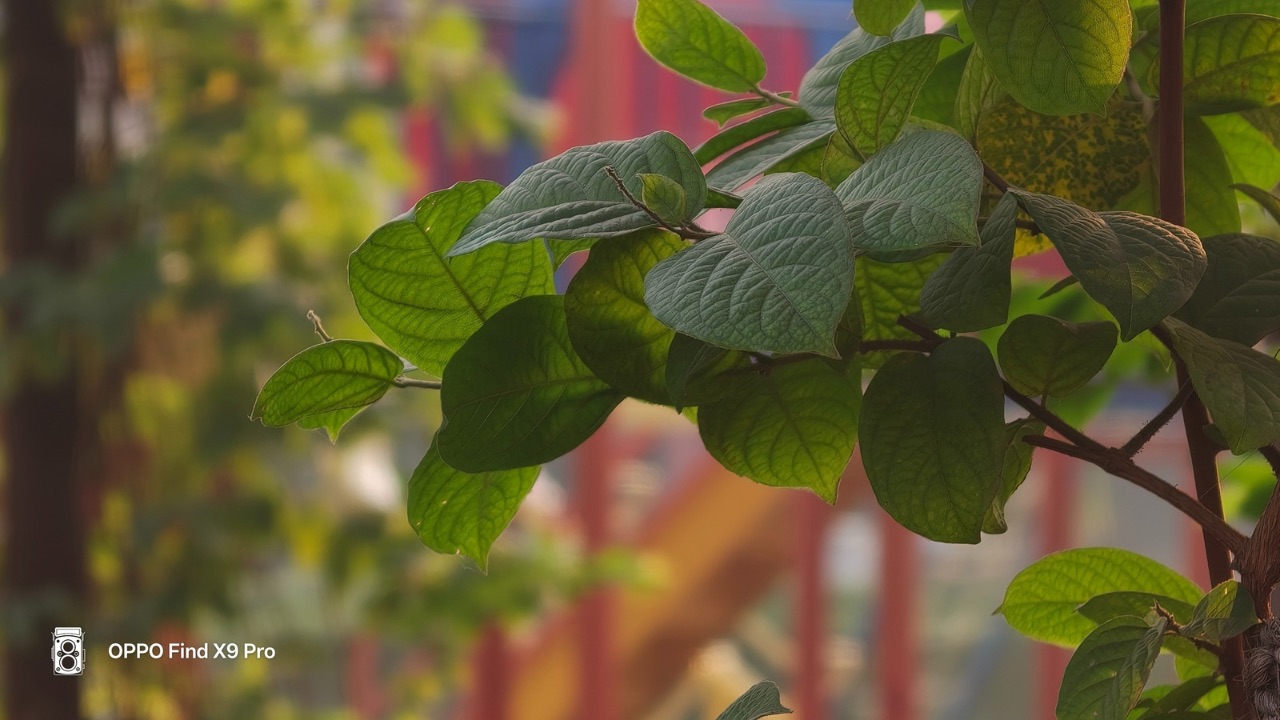
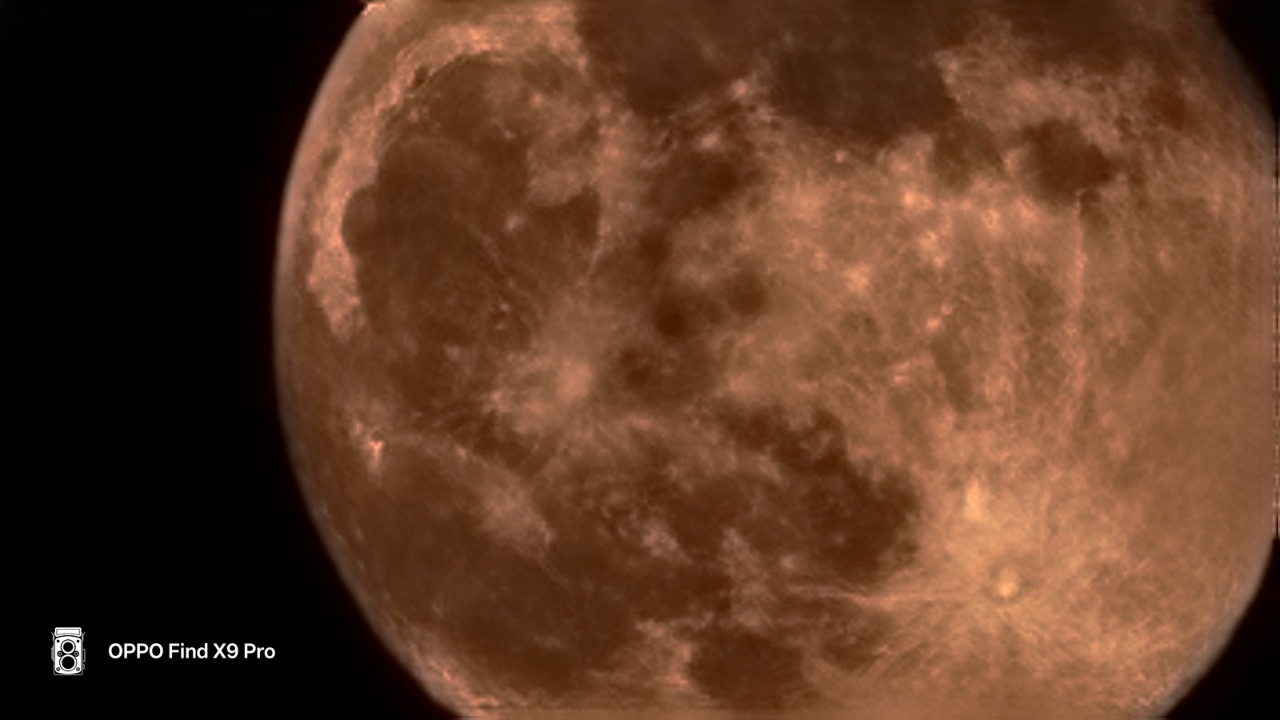
If you are into moon shots, you can expect a decent result from the camera but not something extraordinary.
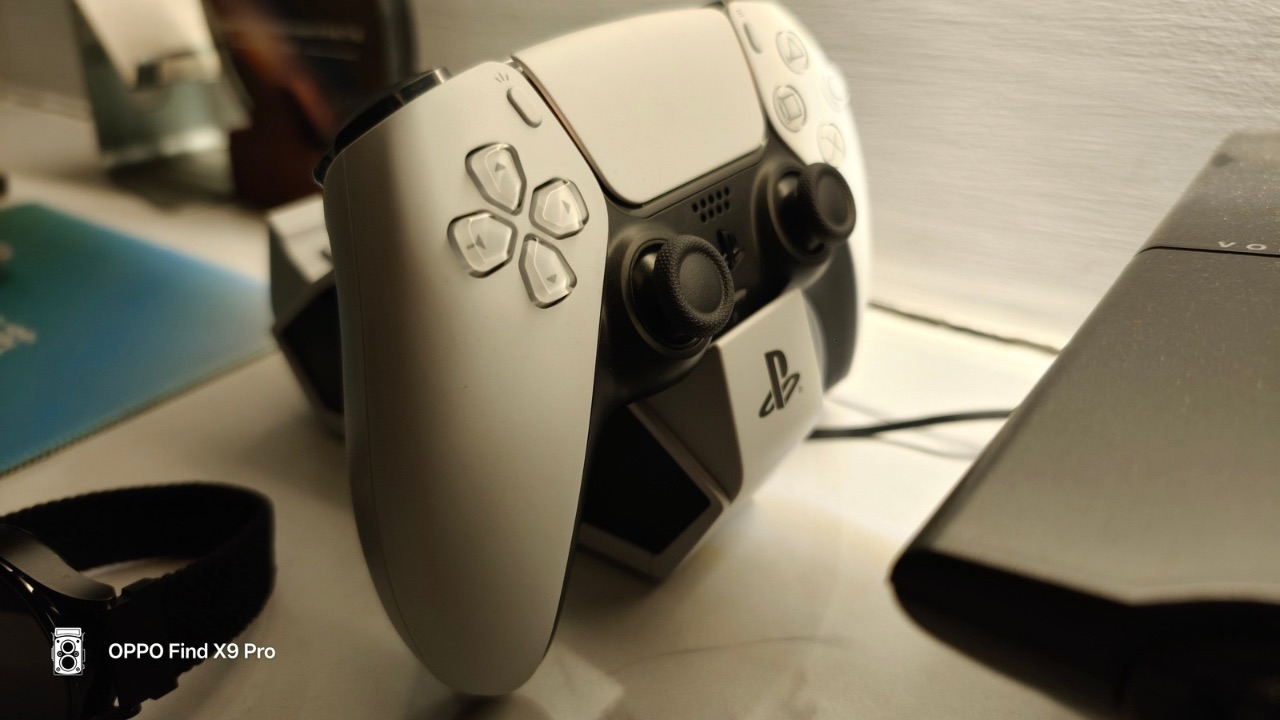

Coming to shots under artificial lighting, you won’t get disappointed at all. Again, the colours, though vibrant and high in contrast, still look amazing and there’s no shortage of detailing here.

Under extreme low lighting, the Night mode activates automatically and once again clicks photos that are up to the mark in every way. The shot you see above has been clicked in near pitch black conditions. Even these don’t lack details, do not have any noise, and don’t look soft either. However, the contrast could’ve been dialed down a little and the overall colour tone could’ve been cooler.

As for selfies, the skin tones are captured close to how they look in real life, while the amount of details in the shot were surprisingly outstanding. Even in portrait selfies, the edge detection remained on point.
Oppo Find X9 Pro Camera: Videography Review
Coming to videography, the device can shoot in up to 4K resolution at 120 FPS but this is limited to the main sensor. At 4K 60 fps, you can use all three Sensors to shoot and the device handles videos flawlessly in most lighting conditions. You can even turn on HDR to shoot with Dolby Vision which further enhances the already well-detailed looking videos. Focus lock is quick when zooming in on subjects while stabilisation is also excellent.
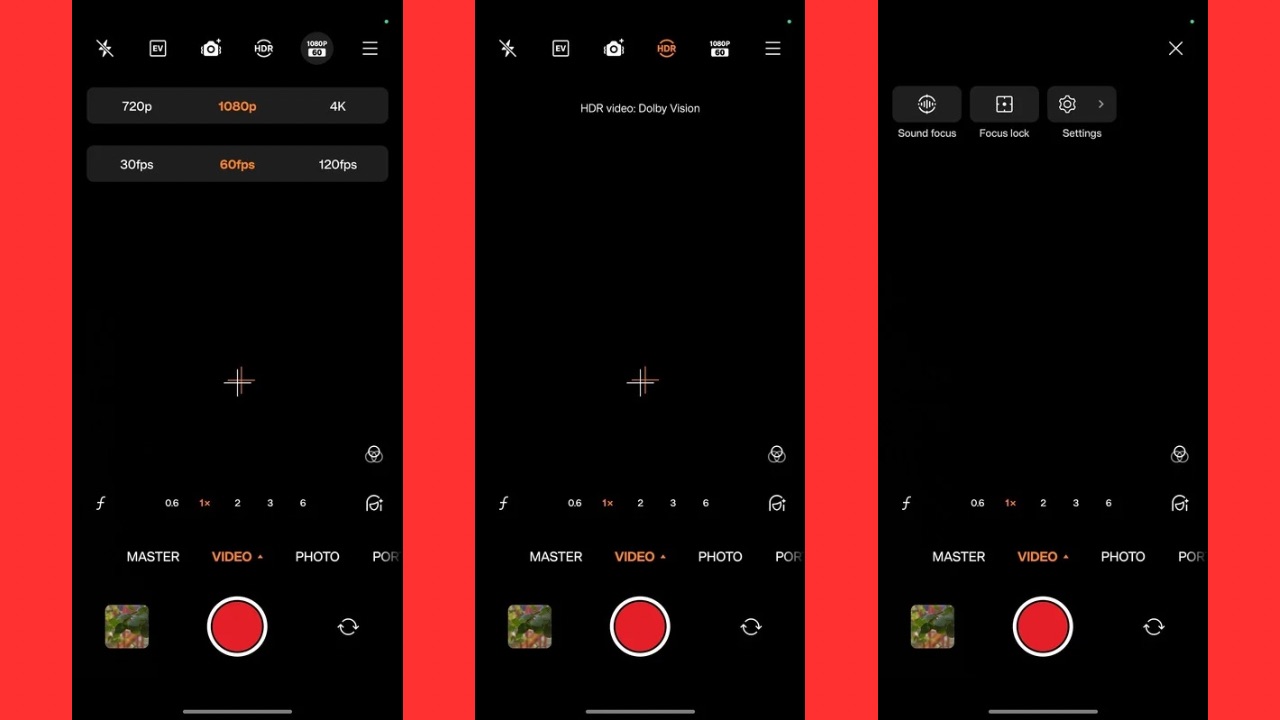
Even when shooting while walking, no jerks can be seen in the video. Sound capture is clear while the colours look vibrant and punchy. Changing sensors while shooting, however, is visible as the colour profile slightly changes and the shift in the positioning of the frame is also evident.
Despite that, the switching between sensors is smooth. Even when shooting videos under artificial lighting, the results are spectacular. Under low lighting, slight noise is visible but no major issues are there where I could criticise the performance. Overall, the video shooting experience with the Oppo Find X9 Pro camera has been nothing short of stellar.
Oppo Find X9 Camera Review: Verdict
For Rs 1,09,999, we’d say the Oppo Find X9 Pro camera performance is worth the money. They excel in most scenarios and camera enthusiasts who like vibrant, sharp, and detailed shots definitely won’t be disappointed with Oppo’s latest flagship.
Check out our full review of the Find X9 Pro to take a look at other aspects of the handset.



